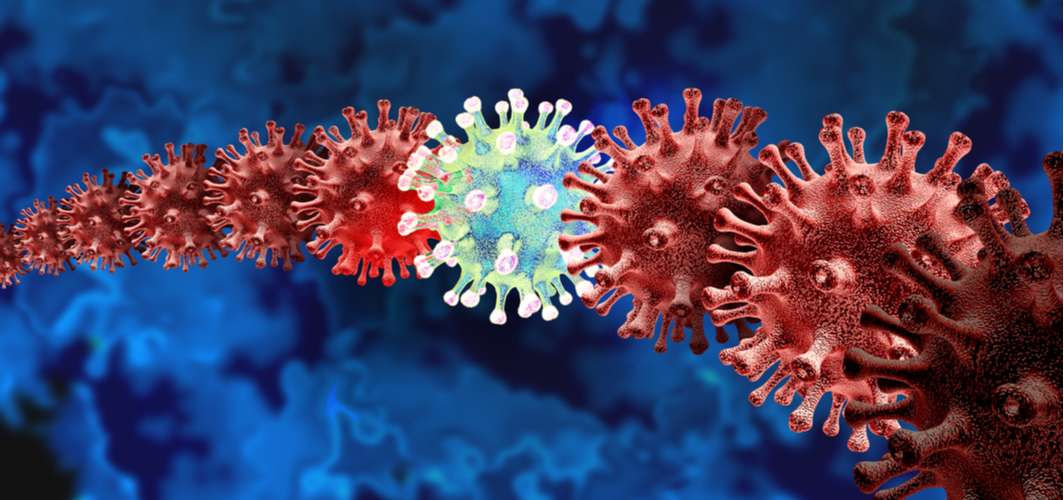COVID-19 Vaccines
How Will Adverse Events after COVID-19 Immunization Be Handled?
6 min read
By Apollo 24/7, Published on - 13 January 2021, Updated on - 18 October 2022
Share this article
3
10 likes

What is an adverse event following immunization (AEFI)?
- Minor AEFI
- Severe AEFI
- Serious AEFI
 Preventing AEFIs and anxiety reactions
Preventing AEFIs and anxiety reactions
AEFI management
- All beneficiaries will be counselled about adverse events that may occur after the COVID-19 vaccine. These are expected to be minor events such as local pain and swelling and mild to moderate fever, etc.
- In case of any type of discomfort or illness following COVID vaccination, the vaccine recipient will be asked to visit the nearest health care facility for treatment.
- At fixed session sites, an AEFI management kit or an emergency tray will be available for use.
- Outreach session sites will have an Anaphylaxis (a severe allergic reaction) kit.
- All vaccinators will be trained to suspect symptoms of anaphylaxis or severe allergic reaction, use the contents of the anaphylaxis kit, and arrange transportation of the patient to the nearest AEFI management centre for further treatment.
- Each outreach session site will be linked to an identified AEFI management centre to provide immediate treatment for serious AEFI cases.
- Adequate transportation will be available to transfer persons with serious adverse reactions to the nearest identified AEFI management centre.
Reporting and recording of AEFIs
-
Immediate reporting of serious and severe AEFIs
Investigation of AEFI Cases
- District AEFI committee meetings will be held at least one month prior to the start of COVID-19 vaccination. All members of the committee would be sensitized, and their services will be utilized to investigate the cases.
- The district AEFI committees will include drug inspectors and ensure their support in the investigations.
- Medical Officers of government and private health care facilities, where serious AEFI cases are expected to reach for treatment, will be informed and sensitized about AEFI surveillance for immediate reporting and cooperation in investigations.
Causality assessment
Conclusion
If you have any questions on COVID-19 vaccines, you can speak to our experts through an online doctor consultation.
You can also get an RT-PCR test done from the comfort of your home from Apollo 24/7.
COVID-19 Vaccines
Leave Comment
Recommended for you

COVID-19 Vaccines
Can a Vaccine Provide Better Immunity than Natural Infection?
Some people believe that naturally acquired immunity is better than the immunity provided by vaccines. According to the CDC, natural infections can sometimes lead to serious complications.

COVID-19 Vaccines
COVID-19 variants of concern: Why vaccines alone may not be enough
Unless urgent measures are taken, these new variants of concern will put vaccination and other pandemic control measures at the risk of getting derailed.

COVID-19 Vaccines
Why Young and Healthy Adults Should Get Vaccinated Against COVID-19
Experts suggest that unless a significant section of the population is immunized, the third and successive waves of COVID-19 will remain a possibility.
Subscribe
Sign up for our free Health Library Daily Newsletter
Get doctor-approved health tips, news, and more.
Visual Stories

COVID-19 Vaccine Factbox: Johnson & Johnson
Tap to continue exploring
Recommended for you

COVID-19 Vaccines
Can a Vaccine Provide Better Immunity than Natural Infection?
Some people believe that naturally acquired immunity is better than the immunity provided by vaccines. According to the CDC, natural infections can sometimes lead to serious complications.

COVID-19 Vaccines
COVID-19 variants of concern: Why vaccines alone may not be enough
Unless urgent measures are taken, these new variants of concern will put vaccination and other pandemic control measures at the risk of getting derailed.

COVID-19 Vaccines
Why Young and Healthy Adults Should Get Vaccinated Against COVID-19
Experts suggest that unless a significant section of the population is immunized, the third and successive waves of COVID-19 will remain a possibility.